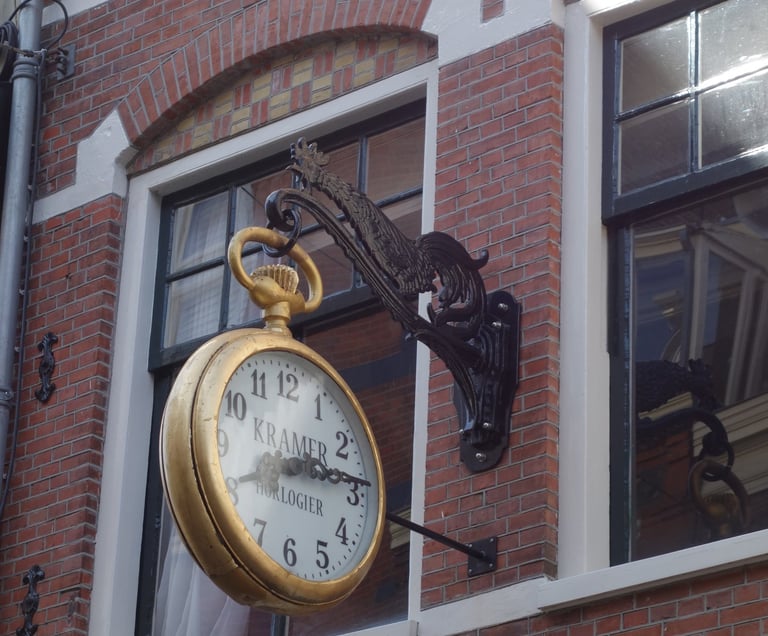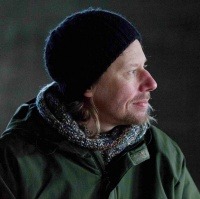THE PEHKONEN WIDOW'S HOUSE
ALM No.72, January 2025
SHORT STORIES


I was probably the first to notice that no one lived in the Pehkonen house anymore. Snow fell daily back then—I saw tracks on the road, but the path leading up to Pehkonen’s cottage stayed white and untouched. There was no smoke rising from the chimney, and the same lamp burned day and night in the frozen window. I stared at it from my own window, trying to make sense of what I saw. No one else seemed to notice such things. At home, all anyone did was argue. Constant bickering echoed from downstairs, accompanied by banging noises as furniture was moved around and the crackling sound of brown tape peeling from a roll to seal moving boxes.
On Saturday, I couldn’t stay in the house any longer and went outside. The morning was bright, but dark clouds were gathering along the edge of the forest. As I walked, I figured they’d drop snow later in the evening. Maybe it would turn into a proper storm... I saw my winding tracks weaving across the sloped field and found myself thinking about the coming week: changing schools, leaving this place behind, and the cold, uneasy feeling that washed over me at the thought of moving in with my father.
“Why haven’t you packed your things?” my father had shouted the night before.
“Pack them yourself, asshole!”
I could never keep my mouth shut, and the sting of my father’s slap still burned on my cheek as I kicked snow off my shoes and climbed the steps. But those unpleasant thoughts disappeared when I realized I had guessed right: Pehkonen’s door was unlocked.
I stepped into the kitchen, where a large cuckoo clock ticked on the wall. On the table were a tray of cookies and a coffee cup. The stale, sweet smell hung heavy in the air.
It was freezing cold, but I still opened my jacket. I peeked through the doorway into the living room. It was dim, a space lined with rugs and embroidered cushions, where a dark figure sat in a rocking chair at the center of the room.
I sat down at the kitchen table, took a gingerbread cookie from the tray, and listened to the ticking of the clock while gazing out the frozen window at the yard. There, an old swing set hung with long icicles stood, along with a faded red barn and a snow-covered well disguised as a mound of white. From here, our house was barely visible—just the ridge of the roof peeked out. No one would stumble upon this place, I thought.
“That kid can’t do anything but steal and talk back,” I heard my father shouting.
“Why can’t you take responsibility for him? He’s your son too,” my mother replied.
“Are you packing your things now?” I could tell my father was addressing me. I imagined his head tilted back so his mouth pointed toward the ceiling—I could hear it in his voice.
I did as I was told, gathering everything important. But then anger swelled inside me, and I stuffed my belongings into a single large bag and slipped out the door with it slung over my shoulder. It was dark, and from nowhere, huge snowflakes fell silently. It was powdery snow that scattered into small clouds beneath my feet as I ran across the field.
At Pehkonen’s house, I didn’t dare turn on the lights. Instead, I struck a match and lit a candle on the kitchen table. I placed a cassette player on a shelf, then pinned a Mötley Crüe poster to the living room wall next to a portrait of Jesus. I jumped a little when I accidentally nudged the old woman’s rocker, setting it in motion as I moved furniture. But soon the rocking stopped, and the place began to feel like my own.
Late into the night, I blasted Mötley Crüe’s racket. I sat fiddling with a broken radio. Finally, when I’d played through all the tapes, I blew out the candle and just stared out the window at the falling snow. Everything felt strangely peaceful.
I looked at the old woman, whose wrinkles smoothed out in the darkness—only a few deep lines were visible on her cheeks. I believed she wouldn’t mind if I left all my important things in the cottage. After all, neither of us knew when we’d be found. Or if we ever would.
From the short story collection The Inventor’s Son & Other Stories (Gummerus, 2000).
Timo Teräsahjo is a Finnish author and psychologist whose hometown in Finland is Turku. He has published two short story collections and five novels. In addition to prose, he also writes essays, columns, and scientific texts. In his prose, the themes often revolve around experiences of loneliness, challenging childhood environments, and the struggle to connect with others. Currently, he is working as a doctoral researcher at the University of Turku. His website is mostly in Finnish, but feel free to take a look. https://timon-kirjasivu.webnode.fi/

